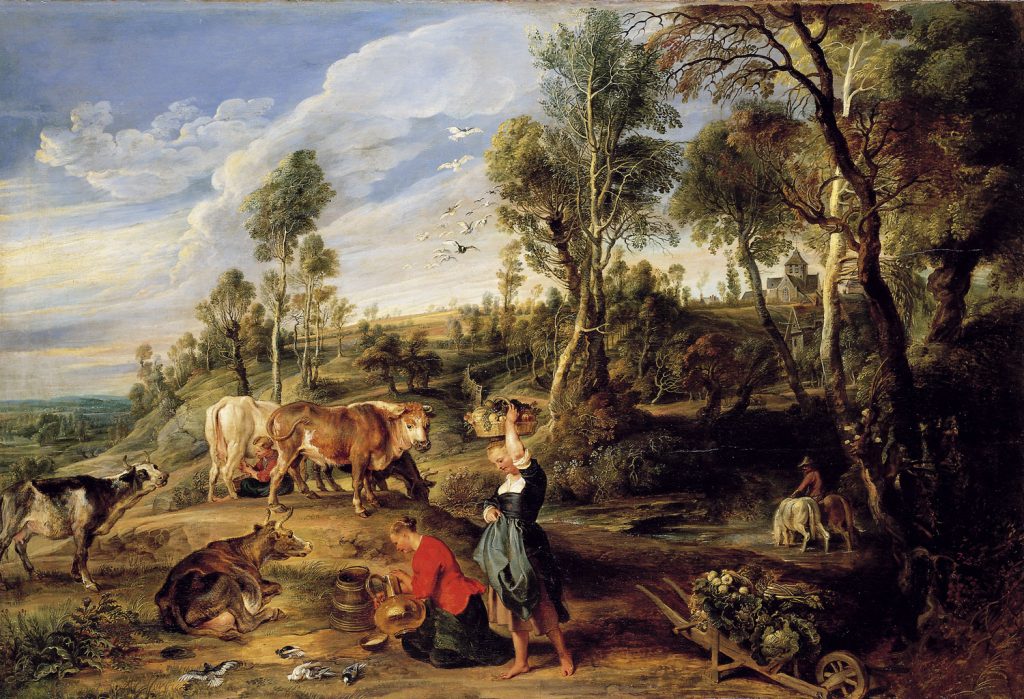
One of the most well-known of God’s blessings for obedience to His laws is the ‘the rain in its season’ blessing:
“If you walk in my statutes and observe my commandments and do them, then I will give you your rains in their season, and the land shall yield its increase, and the trees of the field shall yield their fruit.” (Leviticus 26:3-4)
Besides the clear economic perspective of this blessing – which we will discuss tomorrow – there is another important ‘hidden’ meaning that can be found in this blessing and it appears in a Midrash (an old Jewish lesson).
There, the focus is on the following verse from Psalms:
“The mountains shall bring peace to the people, and the little hills, by righteousness.” (Psalms 72:3)
According to the Midrash, one of the rabbis asked: “What does ‘the mountains shall bring peace to the people’ mean? How could the mountains bring peace?”
And the answer is that once the rain does not come in its season, the grass, the trees, and above all the waters on the mountains, are incapable of providing enough food for the people, so the result is a struggle over food.
In other words, when the rain comes in its season, it contributes to keeping the peace because there is enough food for everyone, and that is the meaning of ‘the mountains shall bring peace to the people’. This verse is written immediately after the ‘rain blessing’ and should be understood as the natural continuation and the direct outcome of this blessing:
“I will give peace in the land, and you shall lie down, and none shall make you afraid.” (Leviticus 26:6)
